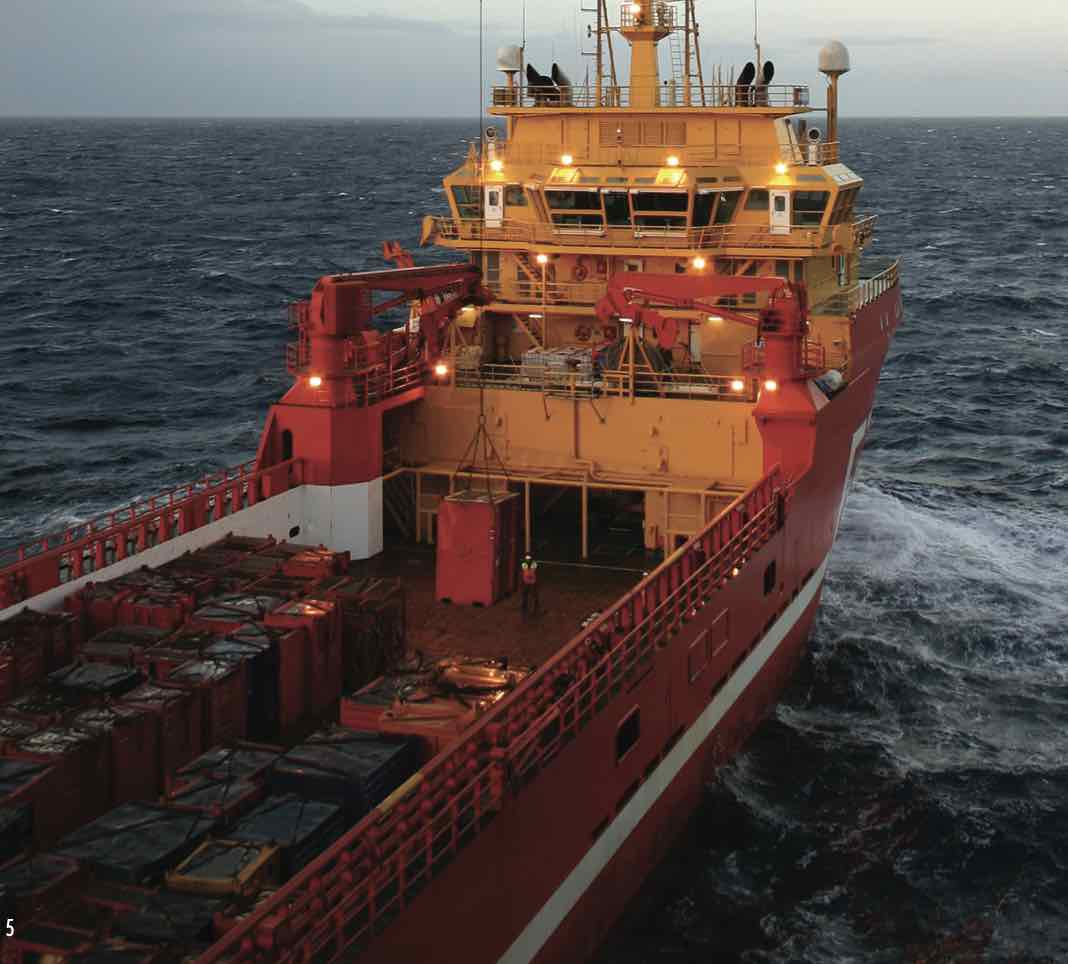Marine coatings are specially designed coatings that are used on boats, ships, and other marine structures to protect them from the harsh marine environment. Here are some common types of marine coatings:
- Antifouling coatings, like Tnemec Hullclad Series 194 and Series 195, are applied to the underwater hull of a vessel to prevent the growth of marine organisms such as barnacles, algae, and mussels. These coatings are typically made of copper or other biocides that prevent the growth of marine life.
- Epoxy coatings like Series 132 are commonly used on the decks, hulls, and other surfaces of boats and ships due to their excellent resistance to water, chemicals, and abrasion.
- Polyurethane coatings like Series 1094 and Series 290 are often used on the topsides of boats and ships to protect them from UV rays and saltwater. They provide excellent gloss retention and are highly resistant to abrasion and chemicals.
- Zinc coatings like Series 94-H20 are used as a sacrificial layer to protect the metal hulls of ships and boats from corrosion. They work by corroding in place of the underlying metal, which helps to extend the life of the hull.
- Fluoropolymer Coatings like Series 1070, are highly resistant to wet and immersion environments and are considered the best UV resistant coatings available.
When selecting a marine coating, it is important to consider the specific application and the conditions that the coating will be exposed to, such as saltwater, UV rays, and abrasion. It is always recommended that you speak with a High Performance Coating Consultant before specifying a coating in a marine environment.
Check out these other resources on Marine Coatings
Maritime Efficiency
High Performance Coatings For Offshore and Marine
Don't miss these project profiles
Black Water Tanks
Vessel Ballast Tanks

